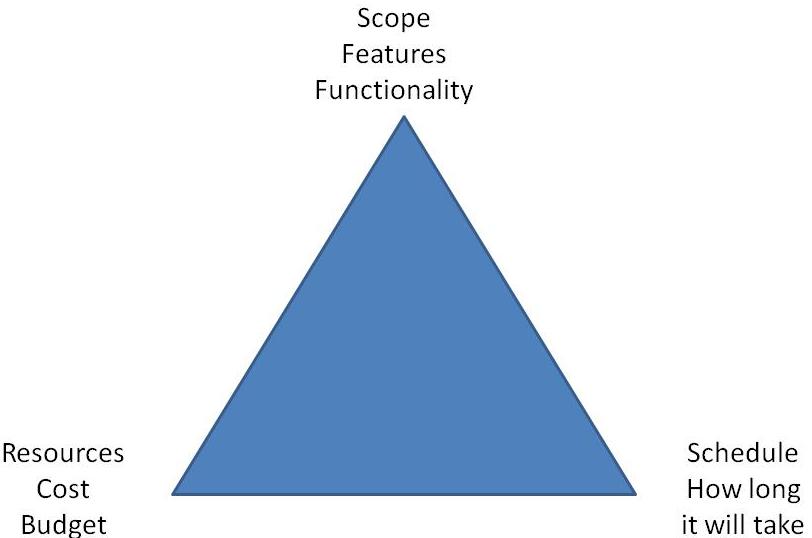
Department of Solid Waste Management has job openings
Department of Solid Waste Management currently needs individuals with solid management experience to fill vacancies. You can apply online to work in this department. This agency offers competitive wages and benefits. These benefits include short-term disability and life insurance as well medical, vision, and dental insurance. Stock purchase plans are available as well as company matches for 401K accounts. The company also offers personal days.
Locations of facilities
The Department of Solid Waste Management of Miami-Dade County provides a variety of services to the community. These services include bulk trash collection, recycling and garbage collection. The Department has one of the largest waste collection systems owned by the government in the southeastern United States. They also manage one of the most advanced waste-to energy facilities in the world. Services range from residential trash collection to commercial recycling.

Miami, Florida's facilities include Covanta’s facility for waste-to–energy, which was operational since 1985. The facility is run by Covanta, who is under the control of Miami-Dade County. Recently, the county authorized a Fourth Amended and Restated Operations and Management Agreement. The County also expressed an interest to build a new facility that uses a mass burn combustion process.
Recycling rates are high in Miami-Dade County
The county's recycling rate is 18%. It uses a method that adds two categories of recyclable material. A low rate of curbside recycling can be attributed to contamination. Commercial waste is the largest source of recycled material in Florida. Because Miami-Dade does not collect commercial waste, it is not required to report recycling numbers to the state.
Compology, which provides camera-based meters, has recently joined the city to increase recycling rates for Miami-Dade County. The partnership involves installing cameras in recycling containers and waste bins. This will allow the city to monitor the amount of recyclable materials, as well as the type of recyclable materials.
Service charges
Waste management is a competitive field in Miami. There is no cost for waste disposal that is set by the government. Instead, haulers charge as much as they need to pick up your waste. Businesses can take advantage of local recycling programs that reduce trash volume and can lower total costs. Compressing recyclables can help businesses save money and reduce hauling expenses.

The Department of Solid Waste Management in Miami-Dade County has noticed its costs rising and has decided to raise customer fees. The proposed fee increase will add $25 to the annual cost of household bills, which is approximately $2.08 per person. The fee increase will not cover the projected deficits of the department's $350million operating budget. Subsidies will be needed in future years.
FAQ
What are your main management skills
Business owners need to have management skills, no matter how small or large they may be. They include the ability to manage people, finances, resources, time, and space, as well as other factors.
Managerial skills are required when setting goals and objectives and planning strategies, leading employees, motivating them, solving problems, creating policies, procedures, or managing change.
There are so many managerial tasks!
How can we create a successful company culture?
A company culture that values and respects its employees is a successful one.
It's founded on three principal principles:
-
Everybody has something to offer.
-
People are treated fairly
-
Respect is shared between individuals and groups
These values are reflected by the way people behave. For example, they will treat others with courtesy and consideration.
They will listen to other people's opinions respectfully.
They encourage others to express their feelings and ideas.
The company culture promotes collaboration and open communication.
People can freely express their opinions without fear or reprisal.
They know that they will not be judged if they make mistakes, as long as the matter is dealt with honestly.
The company culture encourages honesty and integrity.
Everyone is aware that truth must be told.
Everyone understands there are rules that they must follow.
People don't expect special treatment or favors.
How do you define Six Sigma?
Six Sigma will most likely be familiar to people who have worked in statistics and operations research. Anyone involved in business can benefit.
It requires high levels of commitment and leadership skills to be successful.
What is Six Sigma?
This is a method of quality improvement that emphasizes customer service, continuous learning, and customer service. The goal is to eliminate defects by using statistical techniques.
Motorola developed Six Sigma in 1986 to help improve its manufacturing processes.
It was quickly adopted by the industry and many companies are now using six-sigma to improve product design, production, delivery, customer service, and product design.
Statistics
- As of 2020, personal bankers or tellers make an average of $32,620 per year, according to the BLS. (wgu.edu)
- The BLS says that financial services jobs like banking are expected to grow 4% by 2030, about as fast as the national average. (wgu.edu)
- 100% of the courses are offered online, and no campus visits are required — a big time-saver for you. (online.uc.edu)
- Your choice in Step 5 may very likely be the same or similar to the alternative you placed at the top of your list at the end of Step 4. (umassd.edu)
- The profession is expected to grow 7% by 2028, a bit faster than the national average. (wgu.edu)
External Links
How To
How can you implement a Quality Management Plan?
QMP (Quality Management Plan), introduced in ISO 9001,2008, provides a systematic method for improving processes, products, or services through continuous improvement. It focuses on the ability to measure, analyze and control processes and customer satisfaction.
QMP is a common method to ensure business performance. QMP helps improve production, service delivery and customer relationships. QMPs should encompass all three components - Products and Services, as well as Processes. The QMP that only addresses one aspect of the process is called a Process QMP. The QMP that focuses on a Product/Service is called a "Product." QMP. QMP stands for Customer Relationships.
Two main elements are required for the implementation of a QMP. They are Scope and Strategy. These elements are as follows:
Scope: This determines the scope and duration of the QMP. This scope can be used to determine activities for the first six-months of implementation of a QMP in your company.
Strategy: This is the description of the steps taken to achieve goals.
A typical QMP consists of 5 phases: Planning, Design, Development, Implementation, and Maintenance. The following describes each phase.
Planning: In this stage, the objectives of the QMP are identified and prioritized. All stakeholders involved in the project are consulted to understand their requirements and expectations. After identifying the objectives, priorities and stakeholder involvement, it's time to develop the strategy for achieving the goals.
Design: This stage is where the design team creates the vision, mission and strategies necessary for successful implementation of QMP. These strategies are implemented by the development of detailed plans and procedures.
Development: The development team is responsible for building the resources and capabilities necessary to implement the QMP effectively.
Implementation involves the actual implementation using the planned strategies.
Maintenance: This is an ongoing process to maintain the QMP over time.
Additional items must be included in QMP.
Participation by Stakeholders is essential for the QMP's continued success. They should be involved in planning, design, development and implementation of the QMP.
Project Initiation: The initiation of any project requires a clear understanding of the problem statement and the solution. This means that the initiator should know why they want something done and what they hope for from the end result.
Time Frame: This is a critical aspect of the QMP. You can use a simplified version if you are only going to be using the QMP for short periods. For a long-term commitment you may need more complicated versions.
Cost Estimation is another important aspect of the QMP. Planning is not possible without knowing the amount of money you will spend. It is therefore important to calculate the cost before you start the QMP.
QMPs are not only a document, but also a living document. This is the most important aspect of QMPs. It can change as the company grows or changes. So, it should be reviewed periodically to make sure that it still meets the needs of the organization.